Gateway FHD 14.1 Ultra Slim laptop review: a great budget Windows machine
The Gateway FHD 14.1 Ultra Slim is a great entry-level offering from the cow-print computing firm
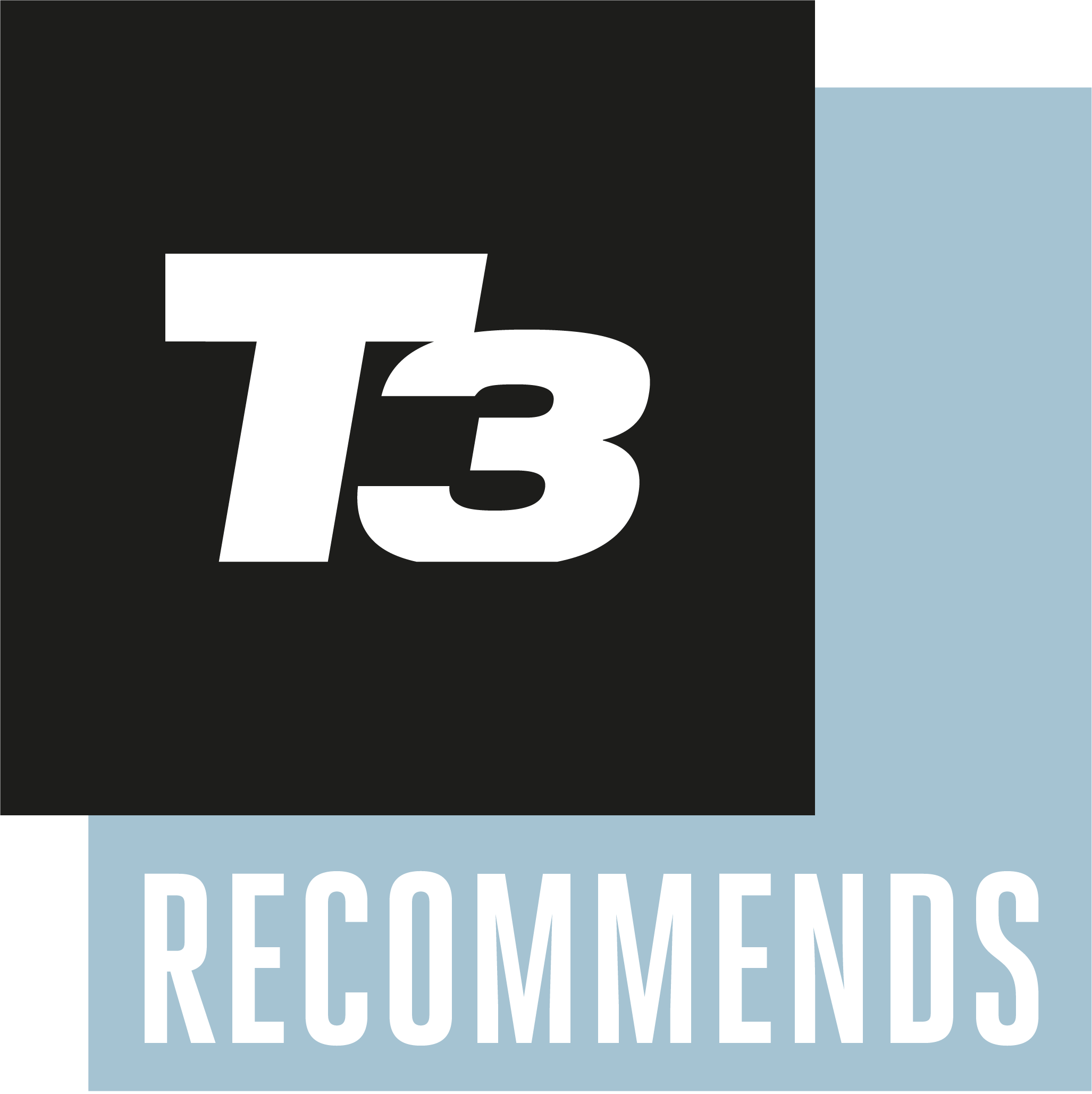
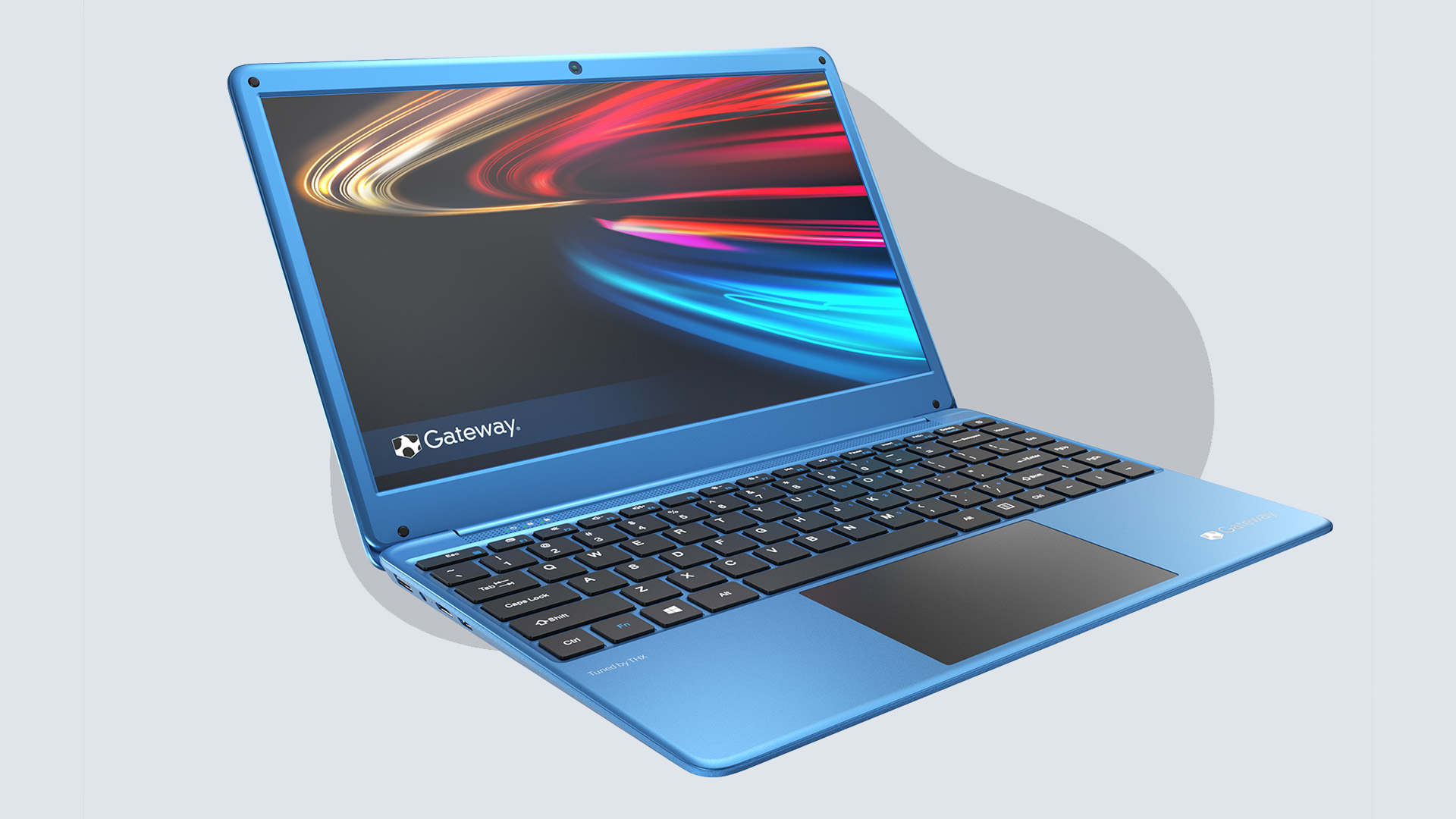
For those who want a Windows machine on a smaller budget, the Gateway FHD 14.1 Ultra Slim offers great value for money.
-
+
Excellent value for money
-
+
Decent battery life
-
-
Noisy fans
-
-
Lacks brightness
Why you can trust T3

This is the Gateway FHD 14.1 Ultra Slim laptop, a well-priced laptop that has enough power, memory and storage for most users, all wrapped up in a slim case with a sharp, bright screen. But while it does a decent job with most tasks, it lacks the oomph for more complex tasks, such as editing video and playing 3D games.
Yes, the bovine box is back. Gateway, known for its black-and-white cow-spotted packaging, was bought by Acer in 2007, but the brand has been dormant since. Now, it has been revived for a range of Walmart exclusive, low-cost laptops. It’s a decent callback to Gateway’s history of good value computers, with three laptops and two tablets in the current range.
In this review, I’ll take you through the highs and lows of the Gateway FHD 14.1 Ultra Slim laptop and explain why this is a contender for the best laptops under $500.
Gateway FHD 14.1 Ultra Slim review: price and availability
The Gateway FHD 14.1 Ultra Slim laptop is available now from Walmart, priced between $189 and $421. Our review unit with an Intel i5 processor and 16GB of RAM has a list price of $421.
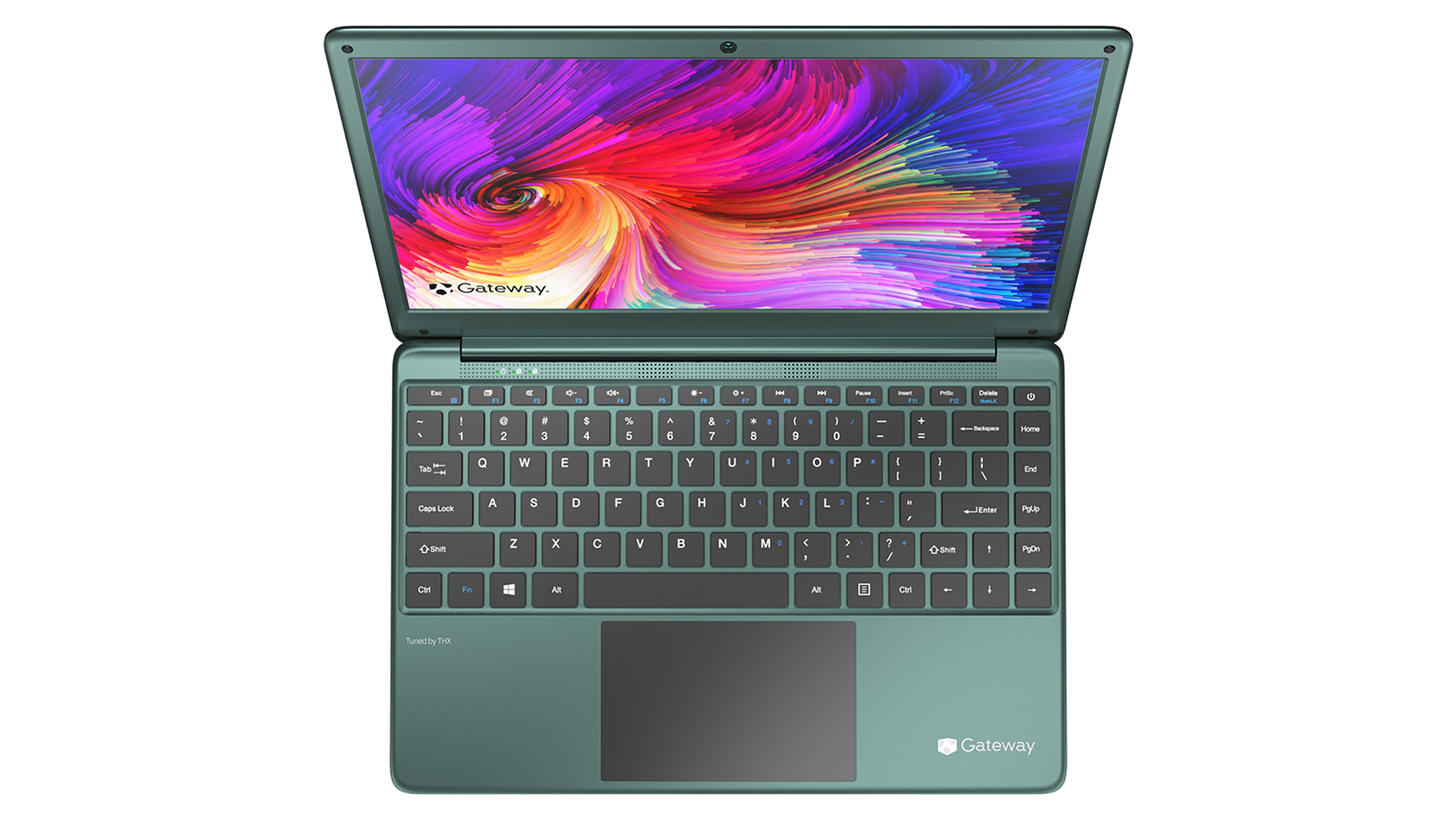
Gateway FHD 14.1 Ultra Slim review: screen and design
The Gateway FHD 14.1 Ultra Slim is a fairly sleek, cleanly designed package, but the name is a bit of a misnomer. At 0.8 inches thick, it is a bit chunkier than the Apple Macbook Air and similar slimline models. It is pretty light though and it slips nicely into a slim bag or backpack. It also comes in a choice of four colors (green, black, blue and a rather pink-looking gold) which will appeal to the more casual consumer.
The screen is a little dim, maxing out at just under 180 Cd/m2, which means that it isn’t easy to see in bright sunlight. Use this out on the deck on a sunny day and you’ll be struggling to read the screen. As the name suggests, it runs at the FHD resolution of 1900 by 1280 pixels, so HD video can be shown at full resolution, and the on-screen colors are decent, if a little flat.
There is no shortage of ports to connect other devices: on the left side of the case, we have power, USB 3, HDMI and a USB-C port. On the right is another USB 3, headphone and a micro-SD card slot. That’s a good selection that should cover most contingencies, including connecting to a TV, adding a USB wired network interface or reading data off a camera memory card. This laptop isn’t powered over USB-C, though: the charger is an old-school 2mm jack. That’s a pity, as USB-C charging means one less thing to carry as you can use the same charger for your phone and laptop.
Get all the latest news, reviews, deals and buying guides on gorgeous tech, home and active products from the T3 experts
The keyboard has good-sized keys that are well separated, but they have limited travel and a soft, almost soggy feel. The right shift key is also very small, thanks to the arrow keys being pushed up to fit in. I found myself often hitting the up arrow by mistake.
The mouse pad is a decent size and responds to light touches and flicks of the fingertips. On the top left of the pad is a fingerprint reader for logging into Windows. That’s another nice touch that isn’t typically present on low-cost laptops.
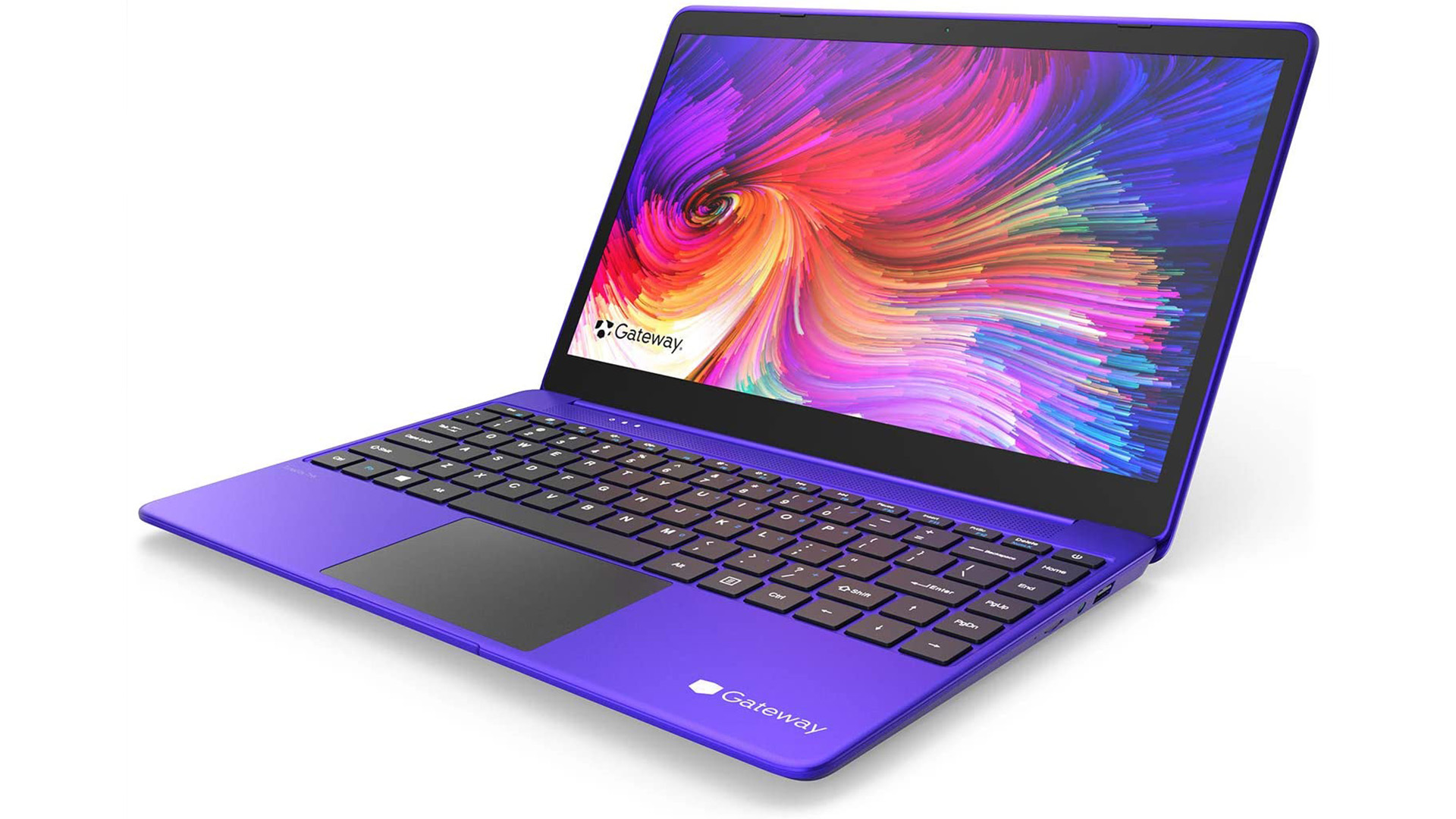
Gateway FHD 14.1 Ultra Slim review: performance and features
Running the modern office PC Mark 10 benchmark, the review unit achieved a score of 3280. That’s on the low side compared to systems like the Dell XPS 13, which scored 4241, but it is acceptable for everyday use. Let’s put it this way: you should have no problem browsing the web, doing a bit of homework or watching YouTube videos on this laptop – although you might struggle to create them.
When it comes to performance, the Gateway FHD 14.1 Ultra Slim is a bit of a mixed bag; it has the power to handle most everyday tasks but chokes on more complex ones like video editing. Our review unit was fitted with an Intel i5-1035G1 and 16GB of RAM. Other models with i3 and Celeron processors or less RAM are available, starting at $189. I found that the i5 processor could handle browsing with multiple tabs, crunching a large spreadsheet and playing back video like a champ. It struggled somewhat with video, though. Editing HD video in Adobe Premiere was a rather frustrating experience.
One thing I did notice while testing was that the cooling fan kicked in rather a lot. Even when the system was idle, the noisy fan that sucks air in through the base would occasionally startup. When the system was working hard, the fan was on most of the time, and it even kicked in when watching an HD video.
The speakers above the keyboard are loud, but lack bass and have thin, reedy sounds that again detracts from the movie-watching experience.
Mind you, with a battery life of 6 hours and 29 minutes, it could be a rather long movie – perhaps both the 4-hour Snyder Cut of Justice League followed by the two-hour theatrical version. I tested using the video battery test of PC Mark, which repeats playing a 1080P video from the local drive until the laptop shuts down. We would expect the battery life when doing something more demanding to be shorter, but it should still be enough for most uses.
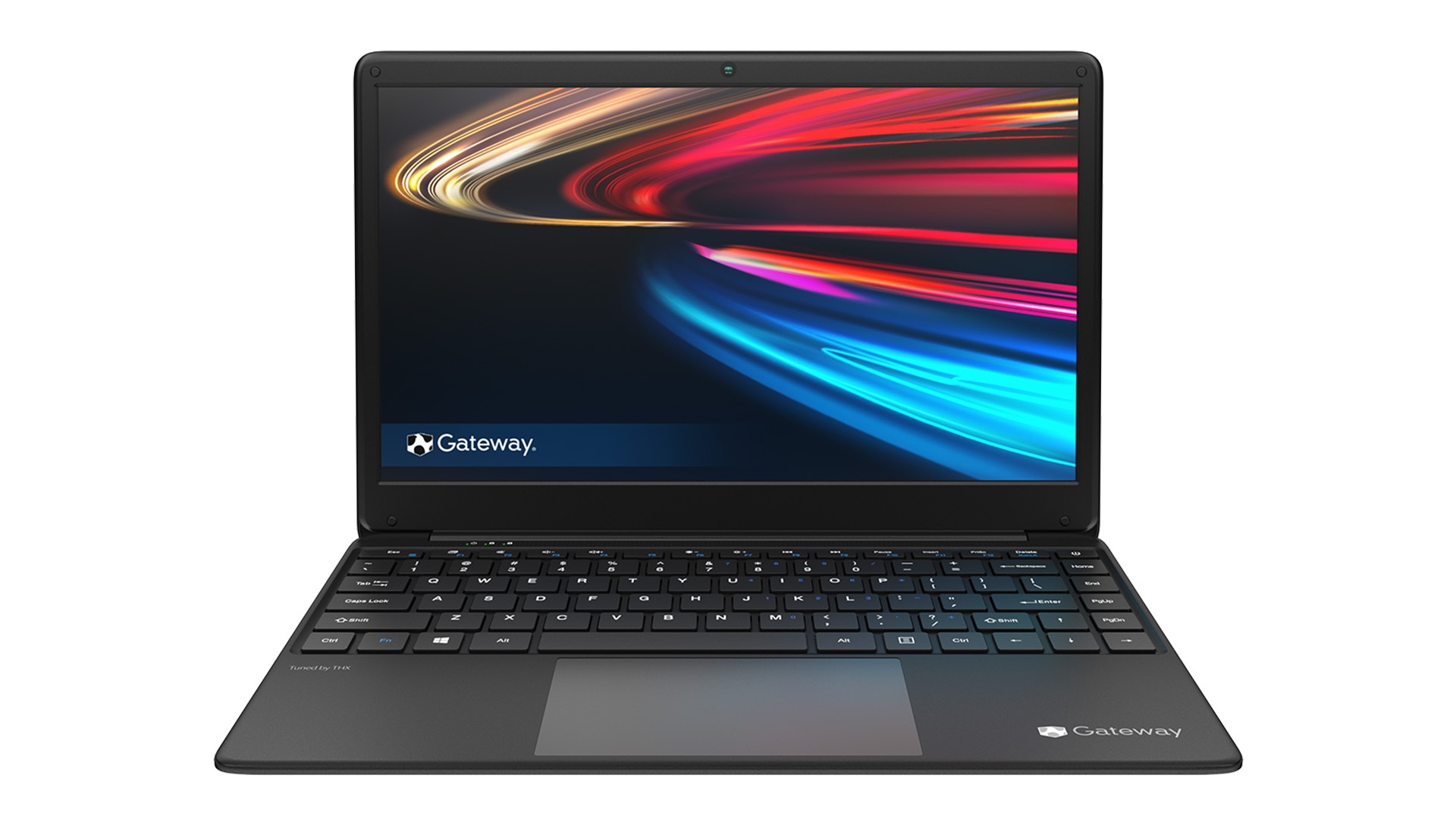
Gateway FHD 14.1 Ultra Slim review: price and verdict
The Gateway 14.1 FHD Ultra Slim laptop is pretty standard in most ways: standard performance, screen and features. Where it isn’t is price: $430 is a good deal for a laptop that can handle most things that you throw at it. Especially one with 16GB of RAM on a sub-$500 laptop, as this provides for better multitasking and performance when flipping between programs. While this laptop won’t win any speed competitions, it might win one for value for money.
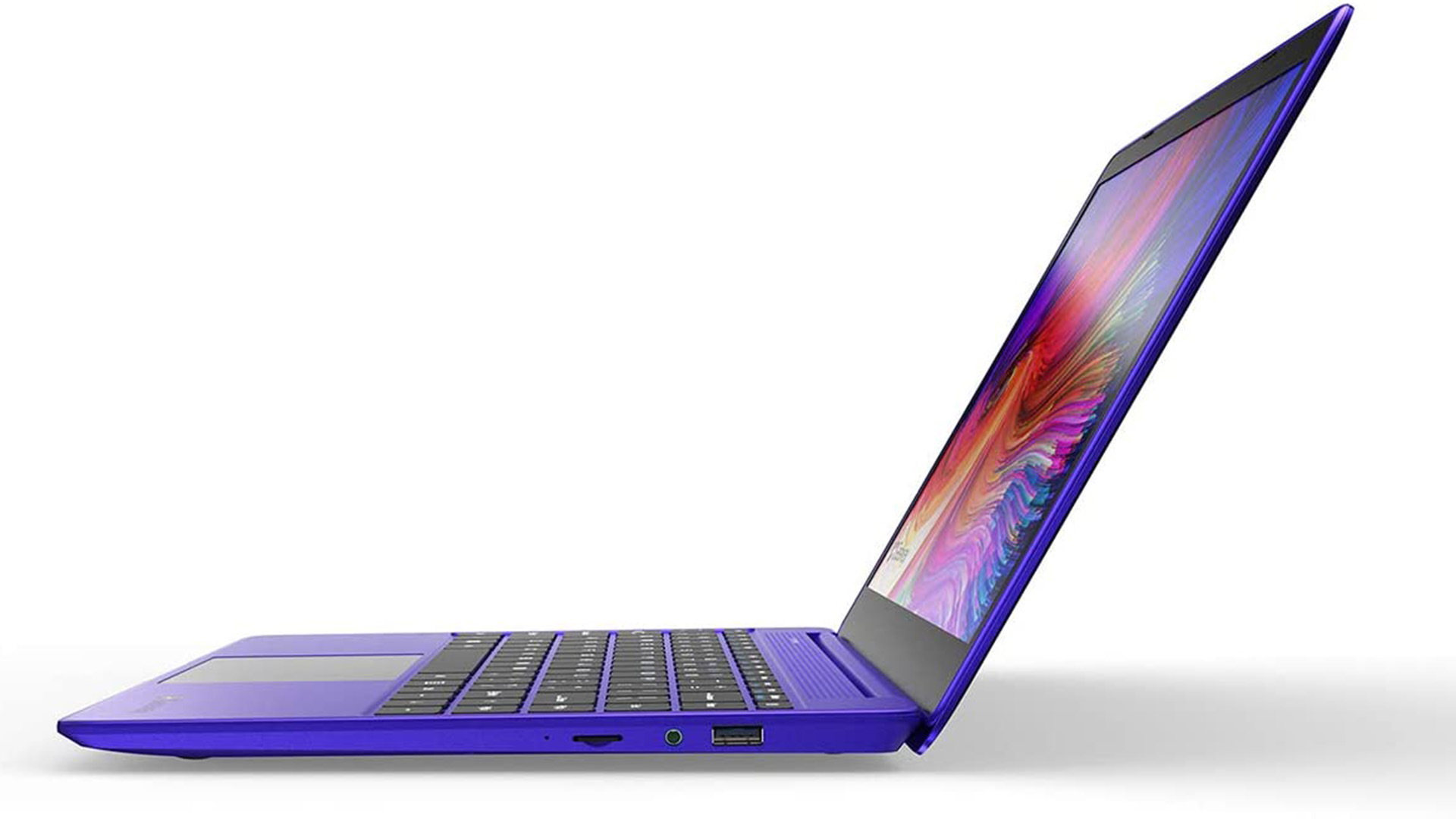
Gateway FHD 14.1 Ultra Slim review: also consider
There are a lot of low-cost Windows 10 laptops available that might be good alternatives to the Gateway FHD.
If you need a bit more processing power and a better screen, check out the Dell Inspiron 7506, a similarly shaped and styled Windows 10 laptop. It is about the same size, weight and heft as the Gateway, but has a greatly improved screen and processor. It is a bit heavier on the pocketbook, though, costing nearly double at $989.
The Dell XPS 13 is pretty much the state of the art in ultrabooks at the moment, with cutting-edge processor and screen options. It is more expensive, but the extra gets you things like a far superior touchpad, keyboard screen, and, well, pretty much everything.
It is also worth considering a Chromebook, a low-power, lost laptop that uses the Chrone OS from Google. Chromebooks such as the Asus Chromebook Flip C434 or the Lenovo Chromebook Duo are cheaper and offer most of the features of the Gateway. You can’t run Windows programs, but there are versions of Microsoft Word, Excel and other office apps that can run on Chrome OS. Often, Chromebooks are based on the same hardware as Windows laptops.

Richard Baguley has been writing about technology since the 1990s, when he left a promising career in high finance to work on Amiga Format magazine for Future. It has been downhill for him ever since, writing for publications such as PC World, Wired and Reviewed.com. He has tested gadgets as diverse as 3D printers to washing machines. For T3, he covers laptops, smartphones, and many other topics. He lives near Boston in the USA with his wife, one dog, and an indeterminate number of cats.